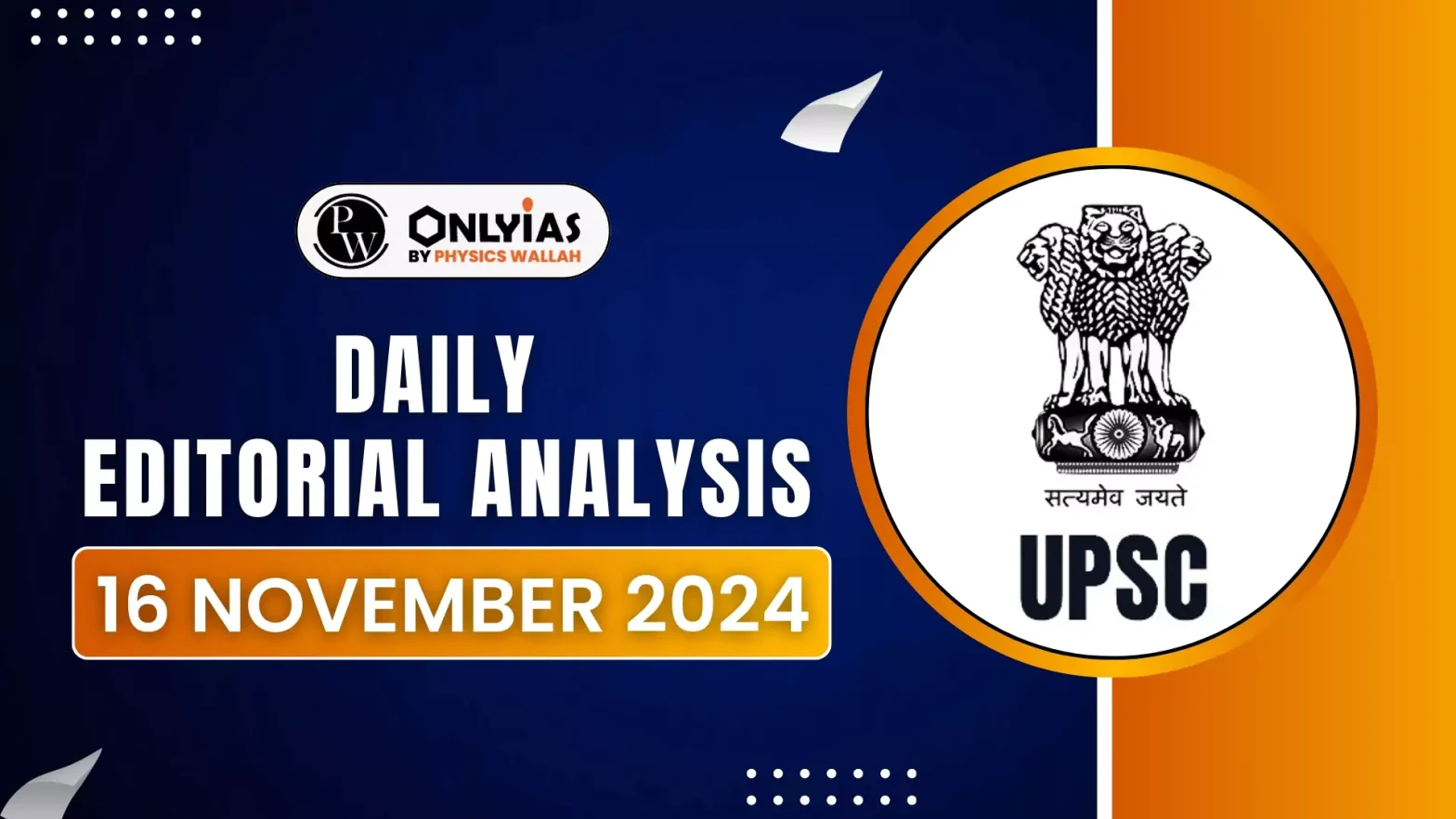Birsa Munda Jayanti, also known as Janjatiya Gaurav Divas or Tribal Pride Day, is celebrated every year on November 15 to honour the legacy of Birsa Munda.
More about Birsa Munda
- He was also, revered as “Bhagwan” by his followers.
- He was a legendary tribal leader known for his fight against the oppression of indigenous communities during British colonial rule.
- Recognized as a healer, and miracle worker, a series of incidents made people believe that god had gifted him with a healing touch.
- He earned the title “Dharti Aaba” (Father of the Earth) for his efforts to safeguard tribal lands and protect the social and economic rights of his people.
- He spearheaded a movement against exploitative landlords and the British authorities.
- Birsa Munda led the “Ulgulan” (Great Tumult) movement starting in 1895.
- This movement was much more than a rebellion and was a fight for both justice and cultural identity.
Enroll now for UPSC Online Course
Birsa Munda’s vision
- Strongly advocated for tribal autonomy, emphasizing control over their lands and resources to resist colonial exploitation.
- Firmly upheld justice, cultural preservation, and self-reliance as core principles in his fight against British oppression.
- Deeply valued tribal customs and social traditions, considering them integral to community identity.
- Aligned with Gandhian ideals, his struggle was rooted in an unwavering commitment to truth and justice.
Legacy of Birsa Munda
- His legacy inspires movements for tribal rights and autonomy.
- His life was a saga of courage and sacrifice. He fought not only for tribal rights but also against British colonial exploitation.
- His ideals of freedom, justice, and identity resonate with the aspirations of every Indian youth.
- His struggles are a vital chapter in India’s rich history of revolutionary movements, especially among tribal communities.
Role of Tribal Communities in Nation-Building and Inclusive Development
- The sacrifices and struggles of tribal communities form an integral part of India’s history, showcasing their role in resisting oppression and preserving cultural identity.
- Their participation in the national freedom movement highlights India’s tradition of inclusivity.
- Tribals have always been integral to the nation’s identity, making significant contributions to India’s socio-cultural heritage.
Recognizing Tribal Heroes
- The declaration of November 15 as “Janjatiya Gaurav Divas” marks an important step in recognizing the sacrifices of tribal freedom fighters like Birsa Munda.
- Events like “Azadi ka Amrit Mahotsav” celebrate unsung heroes and instil pride among the youth about India’s cultural and revolutionary heritage.
Check Out UPSC CSE Books From PW Store
Lessons from Tribal Values:
- Ecological Harmony: Tribal communities emphasise sustainable living and respect for nature.
- Collective Welfare: Their focus on community well-being over individual gain offers a valuable model for inclusive growth.
|
Recent Government Initiatives for Tribal Development
To honour tribal communities and their contributions, a series of initiatives have been launched:
- Dharti Aaba Janjatiya Gram Utkarsh Abhiyan: Enhancing social infrastructure in 63,000 tribal villages.
- PM-JANMAN (Pradhan Mantri Janjati Adivasi Nyaya Maha Abhiyan): Focusing on 11 key interventions for effective welfare measures.
- Janjatiya Darpan Gallery: Showcasing tribal art and culture at Rashtrapati Bhavan.
- Outreach to Particularly Vulnerable Tribal Groups (PVTGs): Interactions with representatives of PVTGs reflect an inclusive development approach. Addressing their unique challenges and integrating their perspectives in policy is a priority.
Conclusion
Birsa Munda’s life and ideals remain a beacon of inspiration for all. His fight for tribal rights, cultural identity, and ecological balance aligns with the aspirations of modern India. Recognizing the contributions of tribal communities and fostering their development is not only a tribute to their legacy but also a step toward building a more inclusive and equitable society.
![]() 16 Nov 2024
16 Nov 2024
